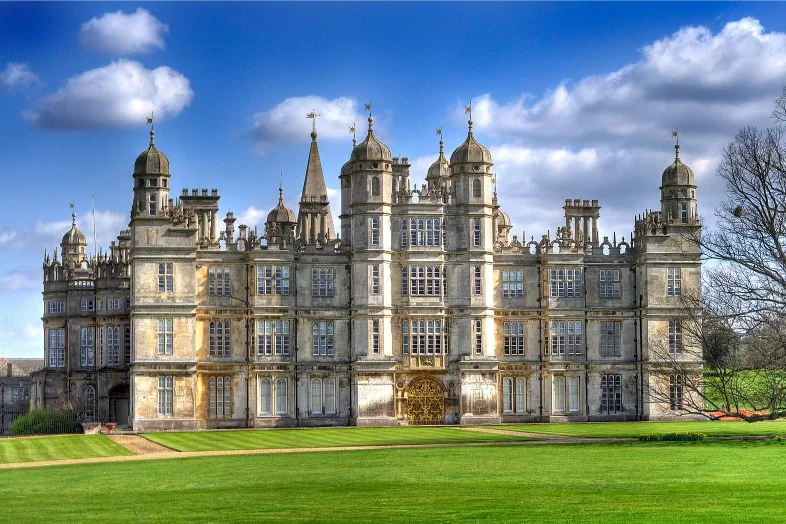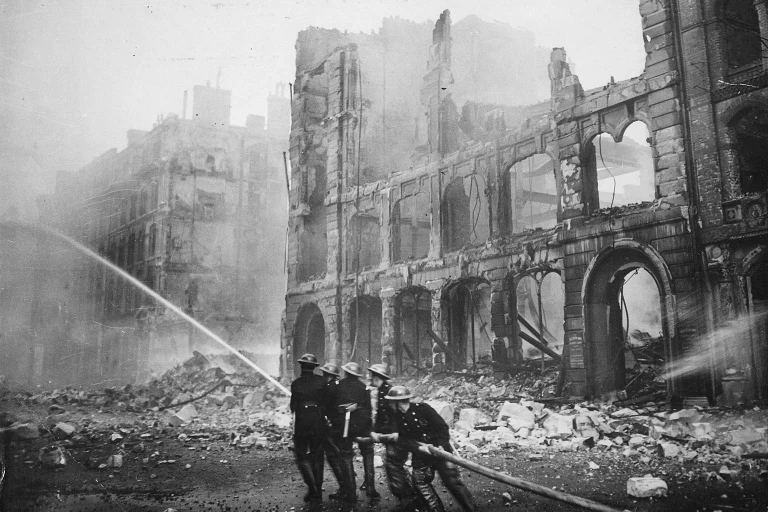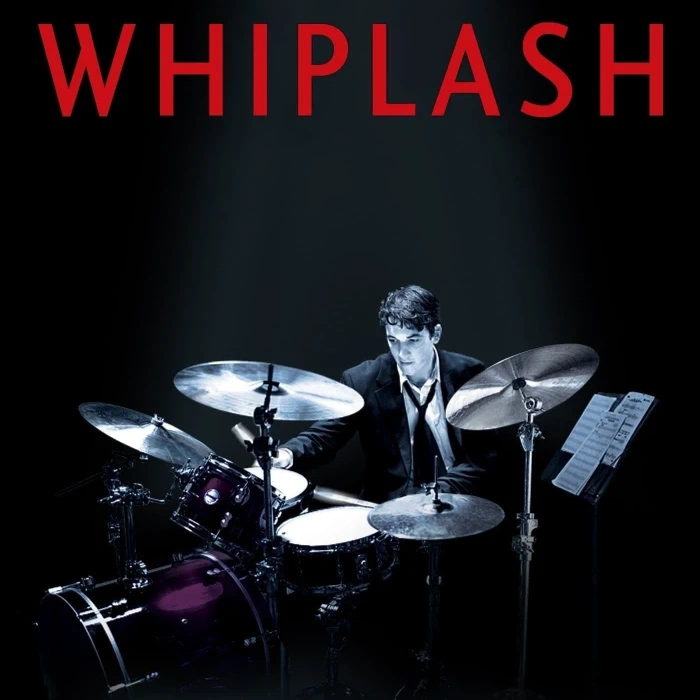Preamble


The two most recent books I read, the authors were dead. It has a convenient element – being able to exhibit utmost honesty when it comes to the personal assessment of the book. I have no one to offend, no one alive at least. Not saying I am inclined to insult Ishiguro in any way. I’d be lucky if I succeed in doing that, it would mean he visited my post. Actually, hmm, I have a couple remarks to make. I hope I can get to that. But it’s nothing more than some conditional at the end of an extensive commendation. Like the few to-work-on elements the teacher is obliged to mention even in the most outstanding student’s end of semester report card. Not cautious of fueling arrogance, well that too, but lest he invalidates his occupation. Also, the author being alive comes with the added benefit of access to more resources, such as interviews. I had some history questions, so I was keen to investigate.
By the way, did you know? The British nobility comprises of five ranks, which are, in descending order, duke, marquess, earl, viscount, baron. Lord is used most often by barons. Below baron are honorary ranks including baronet and knight.
Written from scratch by Meston Ecoa
No assistance was received from any form of Artificial Intelligence.
Ishiguro’s interview
historical accuracy & author’s main plot
Obviously I had some history questions. Did the conference of 1923 actually take place in Darlington Hall, with the same agenda and participants? Are they real? – Lord Darlington, Darlington Hall, Mr. Farraday, M.Dupont, David Cardinal, Reginald Cardinal, Sir Oswald Mosley, blackshirts organization. How closely does this piece reflect the actual livelihood and duty of a English butler?
I thought of the archetypal figure of the English Butler, which I didn’t personally know an English Butler, I didn’t have a historical interest in kind of English Butlers, but I think people still know the kind of the general stereotype of what the English Butler stands for. We’ve seen the figure of the English butler almost like a comic figure. there’s a very stoic stiff upper-lip figure we’ve seen that figure occur in movies and plays and books for decades and there and this is a figure that’s known all around the world. … So I thought I would use this internationally well-known stereotype.
– Kazuo Ishiguro from the interview
This gave away quite a bit about the level of fictionality of this piece, or what I should expect of it. The Earl of Darlington is real, but the latest person from the family seems to be William Harry Vane, 3rd Earl of Darlington, who died in 1842, nowhere near the early nineteen hundreds. I guess it’s safe to assume most characters are fictional, perhaps except Sir Oswald Mosley. He did form the British Union of Fascists. It’s not difficult to understand those movements being present back then. A similar situation occurred in the setting of Oppenheimer, the film about the development of the atomic bomb amid WWII. There were communist movements in the US.


I wanted to suggest that in perhaps a political and moral way, most of us were Butlers. Even in democratic countries where we have some kind of say in how the country is run, we find ourselves oddly far removed from real power. … We learn to do a little job and we try and do our little job to the best of our ability and we usually offer up our contribution to somebody upstairs. We hope that the contribution is going to be used well but we often can’t be sure.
– Kazuo Ishiguro from the interview
One other interesting part of the interview was that Ishiguro sees the main plot as this: the nature of most people working in their small posts, from which standpoint the bigger scheme to which their efforts are actually contributing is amorphous. He does acknowledge other parts, like how his colleague deemed this as a book about self-denial. I have my thoughts on which plot I deem most prominent.
The Balancing Problem

I drew less on the social implications of how most people are like Mr. Stevens – a butler at our stations, involuntarily contributing to causes that are beyond one’s perception. For this to be the main plot, I think the narrative would be too dependent on Lord Darlington’s doubtful judgement. Had Darlington not pursued his causes, then would Mr. Stevens have been completely content? I don’t think so.
I saw this novel primarily as a balancing problem of a given pursuit. How often should one step out of their game to assess the bigger picture? What’s the right cadence for one to get “existential”? How rigid should the belief system which forecasts the meaningfulness of a pursuit be? Very similar to the film Whiplash. In the movie, Andrew Neiman is hooked on drumming. There seems to be no question that he believes at the end of the pursuit, or the course of it, would be something profound. If we get that fundamental, there are no grounds. Any bystander could question what better drumming brings. But the key is that he doesn’t question that to himself. There is value in grinding that one could achieve greater depths, but also a downside that one has less time to assess the very substance of which you are delving deeper into.
 There is one situation and one situation only in which a butler who cares about his dignity may feel free to unburden himself of his role; that is to say, when he is entirely alone.
There is one situation and one situation only in which a butler who cares about his dignity may feel free to unburden himself of his role; that is to say, when he is entirely alone.
– page 169
What are the Remains of the Day? I found this a question procrastinators ask too often and perseverers ask too seldom.
Isiguro the Architect

Architect is the best word I can find. His novels are as masterful as the stabilizing balls at the top of skyscrapers. For some reason, I instinctively think his strengths in the realms of technicality. He is an engineer of language. It’s like he can see what many don’t normally see. There must be a reason why I referenced John Mayer’s piece called Belief in the previous post. He sees an abstract notion as commanding as the Taipei 101 and he encounters an engineering complication, but his technical agility brings it to life.
In this novel, the concurrent manifestation of adversities in dignity seeking across Mr. Stevens, Lord Darlington, and Britain was quite masterful. He fully leveraged on his literary liberty to make the three align in a way that doesn’t seem contrived. The three were all blinded, in a way. The butler was blinded as to delegate too much to his employer. Lord Darlington was blinded by his own benevolence. Britain was blinded by European supremacy, one historical war yielding its position as the global superpower.
However, as in my preamble, I must express my personal feelings from this piece. It was nice, but it didn’t make me go crazy about it. I attempt to grasp the essence of this. Here are some rather itemized guesses of why I felt that way. 1) I didn’t find the expressions to be crazy beautiful – like Stoner. I didn’t get much strong hitters. 2) I didn’t get good chuckles – like The Catcher in the Rye. 3) It’s not as stimulating as novels that are more heavily narrative driven. 4) I didn’t get much lingering resonance – usually incurred by economy in usage of words. Perhaps like Haruki’s novels. I remember I had a similar feeling after Never Let Me Go. His architecture is great. But, I wouldn’t mind it giving me a more emotional ring. I think this is why in some cases, words seemed like devices and less blended together with narrative.
 “Do you realize, Mr Stevens, how much it would have meant to me if you had thought to share your feelings last year? You knew how upset I was when my girls were dismissed. Do you realize how much it would have helped me? Why, Mr Stevens, why, why, why do you always have to pretend?”
“Do you realize, Mr Stevens, how much it would have meant to me if you had thought to share your feelings last year? You knew how upset I was when my girls were dismissed. Do you realize how much it would have helped me? Why, Mr Stevens, why, why, why do you always have to pretend?”
– page 154
Source
• Burghley House, Blitz Aftermath, Tuned Mass Damper: wikipedia commons
• Rural Britain Town, Rural Britain Seadie: Courtesy of Sun Song Hoi
• Whiplash Poster

